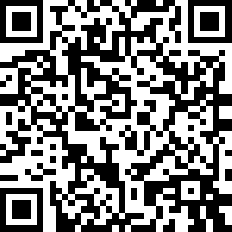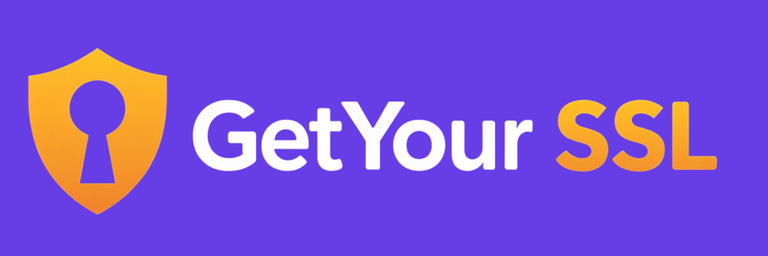Digital Signatures in the World of Remote Work: The Role of Document Signing Certificates
Remote work has become a permanent fixture in today’s business world. Teams are now operating across cities, countries—even continents. And relationships with clients are increasingly managed in entirely digital environments.
GetYourSSL
9/26/20254 min read
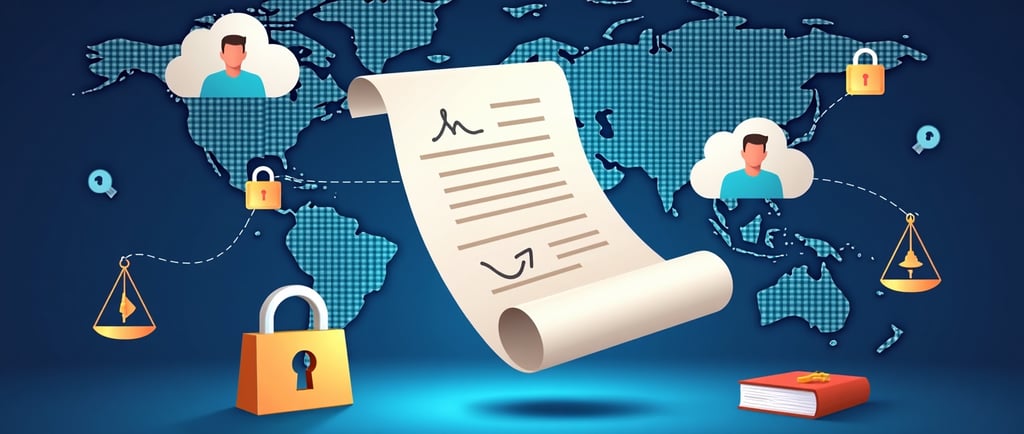

In this new work model, document security is more critical than ever. Contracts, reports, financial records, and formal communications are all created, shared, and signed electronically. One of the most vital technologies enabling this process is the Document Signing Certificate. Built upon digital signature principles, these certificates allow both teams and clients to securely exchange documents, no matter where they are.
The Fundamentals of Digital Signatures
A digital signature is a cryptographic method used to verify who signed a document and whether the content was altered afterward.
📌 Here’s how the process works:
📄 A hash (summary) is generated from the document.
🔐 This hash is encrypted using the signer's private key.
🔓 The recipient creates a new hash from the received document and decrypts the signature using the public key.
✅ If both values match, the document is valid and has not been tampered with.
🔍 Thanks to this mechanism, documents shared among remote teams become secure, traceable, and verifiable.


What Are Document Signing Certificates?
Document Signing Certificates provide an official, trusted framework for digital signatures.
📍 hese certificates are issued by Certificate Authorities (CAs) and offer the following:
✔️ They link the signer's identity to their public key
✔️ Verify the authenticity of the signer
✔️ Maintain the integrity of the document
✔️ Make the signature legally binding
📈 These features ensure that even in fully remote setups, business processes can continue securely and efficiently.


Risks in Remote Work
In a traditional setting, signatures are often witnessed in person. But in a remote work environment, documents are sent digitally—opening the door to several potential risks:
🚨 Documents from unknown or unverifiable sources
🚨 Post-signature content alterations
🚨 Fake documents and fraud attempts
🚨 Legally invalid or rejected signatures
🔒 Document Signing Certificates act as a digital shield to eliminate these threats and maintain document trustworthiness.
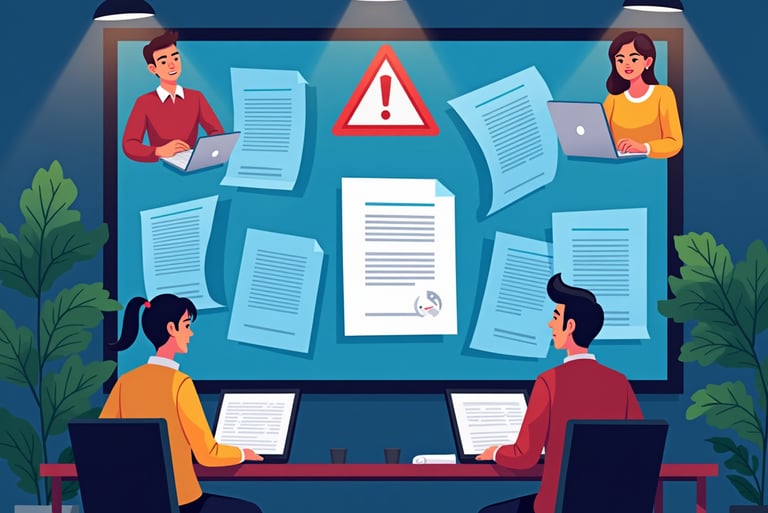

Secure Document Sharing Among Teams
Remote teams regularly exchange documents like:
📋 Project plans, approval forms, HR documents, official reports...
✅ With document signing certificates, teams can:
🤝 Identify who signed a document
🤝 Check whether the content has been altered
🤝 Preserve long-term document validity
This makes the workflow transparent, traceable, and secure.
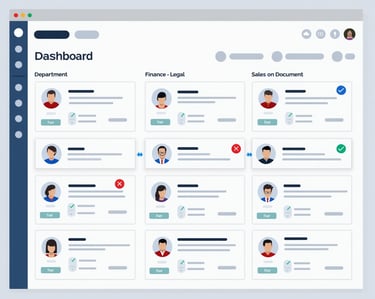

Building Trust in Client Relations
Remote work has also reshaped client communication. Contracts, proposals, and reports are now shared digitally.
In this context, Document Signing Certificates ensure:
🔍 Clients can verify the legitimacy of signatures
🔐 They confirm that the document is from your company
🛡️ The content has not been tampered with
This helps build client confidence and strengthens business relationships in a remote-first environment.


Legal Validity
In many countries, electronic signatures are considered legally valid—as long as they meet certain standards.
Document Signing Certificates ensure that:
🧾 Digital contracts are legally binding
⚖️ Signed documents can be used as legal evidence
❌ Signers cannot deny their signatures
Thanks to this, official procedures can be carried out securely—even in digital-only workflows.


Where They’re Used
Document Signing Certificates are widely used across various departments in a remote work model:
📂 Project Management – Approvals and planning documents
👥 Human Resources – Employment contracts, performance reviews
📈 Sales & Marketing – Proposals and customer agreements
💰 Finance – Invoices, reconciliation documents, reports
📜 Legal – Electronic contracts and official communications
📌 These examples show just how crucial digital signing has become in day-to-day remote operations


Best Practices for Digital Signing
To get the most from Document Signing Certificates, consider these key practices:
🔐 Store private keys in secure hardware or devices
🔢 Use strong algorithms like SHA-256 and 2048-bit RSA
⏳ Monitor certificate expiry dates and renew on time
🕒 Add time stamps to ensure long-term signature validity
🧠 Train team members on signing and verification procedures
These steps help maintain security, reliability, and legal protection over time.


Final Thoughts
💻 Remote work is here to stay—and with it, the need for secure and verifiable documentation.
Document Signing Certificates:
👥 Facilitate trusted document exchange between teams and clients
🚀 Accelerate business workflows
🛡️ Build mutual trust in every interaction
Thanks to authentication, integrity verification, and non-repudiation, documents are not only protected in the digital realm—but also fully legally compliant.
🔐 In short, document signing certificates are not just a technical solution—they're the foundation of trust in the world of remote work. CLICK HERE to apply for your Document Signing Certificate and take your document security to the next level.


Secure
Your guide to choosing the right SSL certificate.
Trust
Support
info@getyourssl.com
© 2025. All rights reserved.
